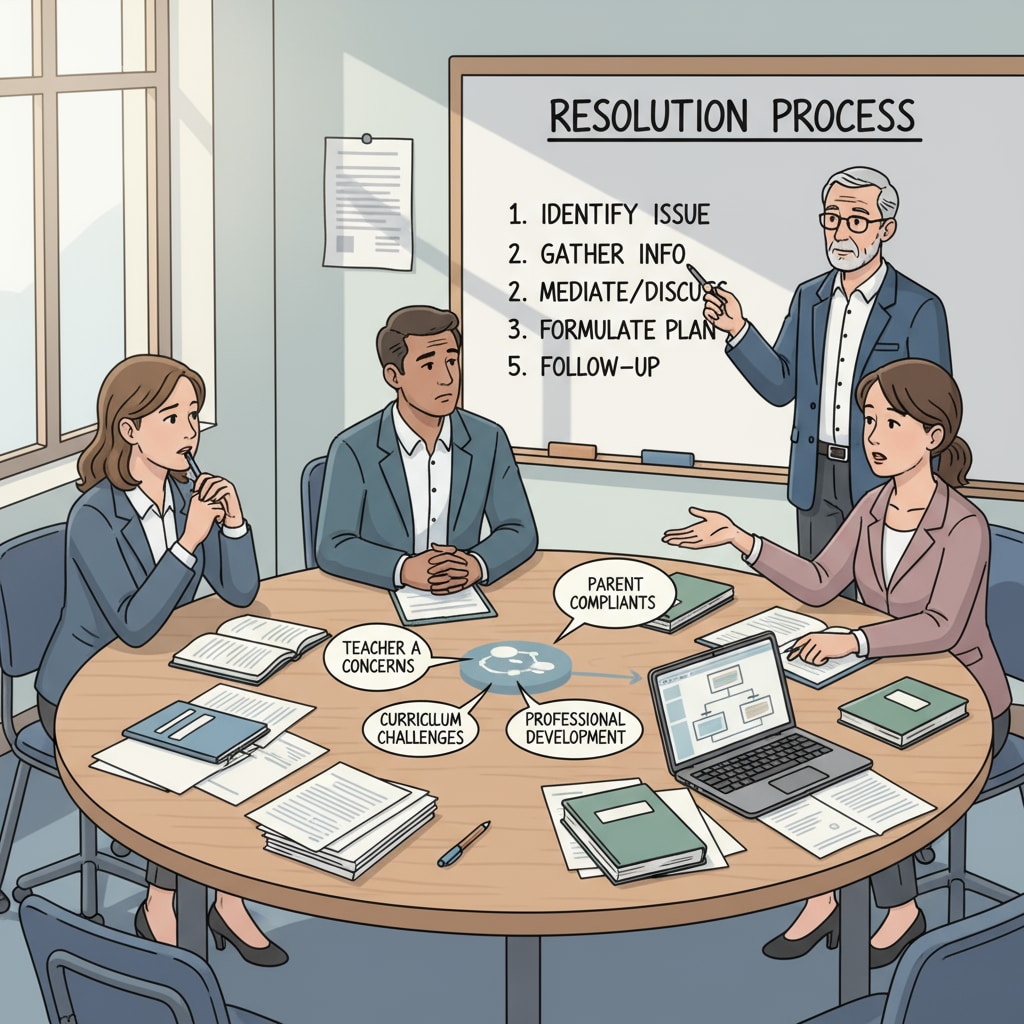In the complex landscape of school management, the issue of teacher conflicts and workplace harassment often poses a significant challenge. One particular dilemma that school administrators frequently encounter is how to manage teachers who are highly effective in the classroom but struggle with interpersonal relationships. These teachers may be exceptional at imparting knowledge and achieving academic results, but their behavior in the workplace can create a toxic environment, affecting colleagues, students, and the overall school culture.

The Impact of Relationship-Challenged Teachers
Teachers with poor interpersonal skills can have far-reaching consequences. Firstly, they may create tension among colleagues. Constant arguments, a lack of cooperation, or an overly competitive attitude can disrupt the harmonious working environment that is essential for a productive school. For example, a teacher who frequently takes credit for others’ ideas or refuses to collaborate on projects can lead to resentment among the teaching staff. Education World on Teacher Relationships

Documenting the Problems
The first step in addressing this issue is to document the problems thoroughly. School administrators should keep detailed records of any incidents of conflict, unprofessional behavior, or workplace harassment. This includes the date, time, location, parties involved, and a description of what occurred. By having a clear record, administrators can approach the situation objectively and make informed decisions.
Building a Support System
In addition to documenting, it’s essential to build a support system for these teachers. This could involve providing access to professional development opportunities focused on improving interpersonal skills, such as communication workshops or conflict resolution training. Mentorship programs can also be effective, pairing the troubled teacher with an experienced colleague who can offer guidance and support. ASCD on Teacher Professional Development
Readability guidance: The key points here are the importance of documenting problems accurately and building a comprehensive support system. Each step is crucial in dealing with teachers who have interpersonal relationship issues in the context of school management. By following these steps, schools can work towards resolving conflicts and creating a more positive workplace environment.


